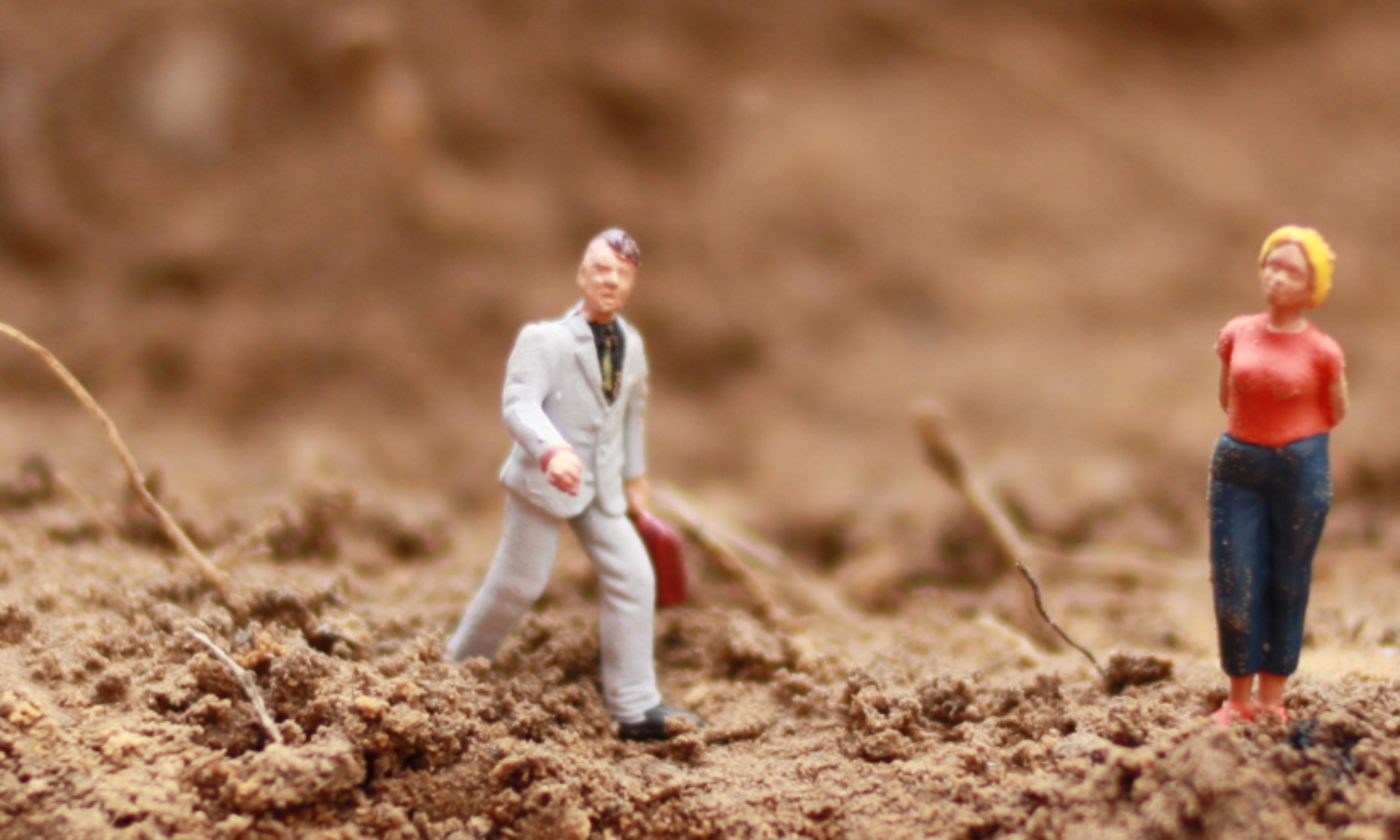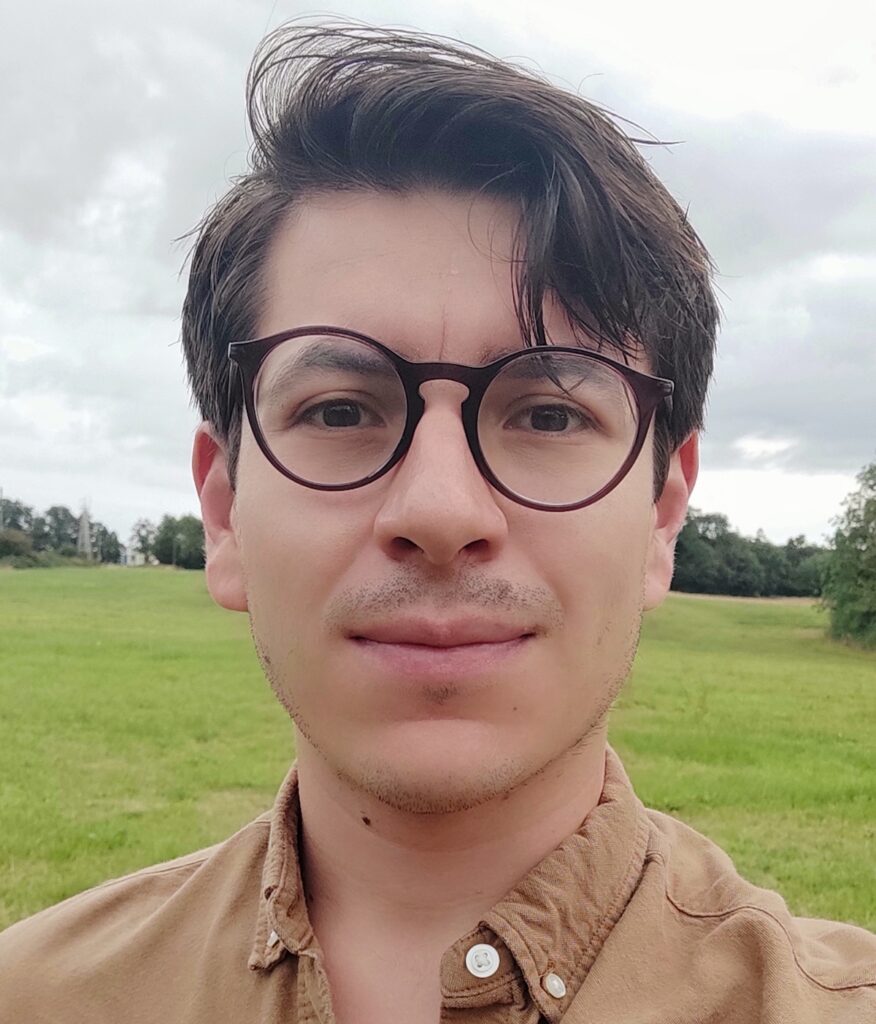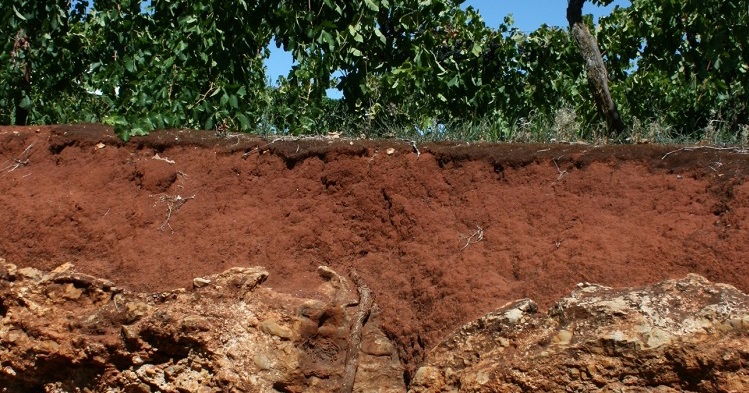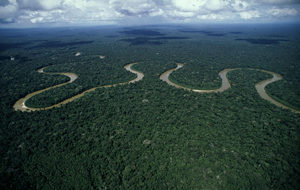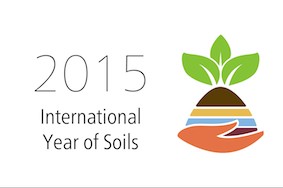Date: 19/12/2022 AM 
Venue: Royal Academy, Hertogstraat 1, Brussels – Rubenszaal & Atrium

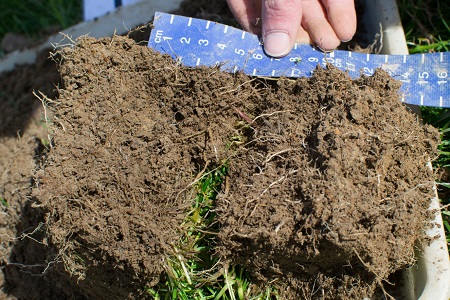
Programme
8.45 – 9.15: Arrival (coffee in Atrium – presentations in Rubenszaal)
9.15 – 9.20: Welcome (Rubenszaal)
9.20 – 9.40: Invited Speaker – Bas van Wesemael (UCLouvain) Monitoring of soil health indicators in support of policy measures
9.40 – 9.55: Oral Presentation – Lisa Joos (ILVO) The response of the soil microbiome after short-term disturbances: a bio-indicator to reflect the soil health status
9.55 -10.15: Invited Speaker – Giles Colinet (ULiège) Healthy soils, healthy food? A trace metal perspective in kitchen and market gardens
10.15 – 10.30: Oral Presentation – Carlos Wetzel (LIST) Soil bacterial, fungal and diatom biodiversity in Luxembourg
10.30 – 11.00: Coffee + Posters
11.00 – 11.20: Invited Speaker – Martien Swerts (Vlaams Planbureau voor Omgeving)
Risk-based thresholds and soil functional indicators in the context of the EU soil health law
11.20- 11.50: Debate What defines a “Good Soil” — Scientific reflections for policymakers
11.50 – 12.10: Invited Speaker – Ellen Desie (KULeuven) Soil health in forest soils – challenges and solutions
12.10– 12.25: Oral Presentation – Lola Leveau (UClouvain) The “earthworm basket” method appears promising for measuring mulch burial in on-farm research
12.25 -12.40: Oral Presentation – Robrecht Van Der Bauwhede (KULeuven) Optimizing screening of rock dusts for acid forest soil restoration
12.40 – 12.45: Closing Remarks
Scope
As we have entered the Anthropocene, the awareness has grown that soils are a vital, though limited, resource, supporting the delivery of many key ecosystem services such as food security and climate regulation. Given the critical role of soils in securing human well-being a range of new policy-making initiatives have been set up recently, such as the EU Soil Health Law. Hence, an exchange between policymakers and scientists is crucial in order to find out what parameters are key in determining a healthy soil. Or in other words, a very important question remains: “What Defines a Good Soil”?
In the light of this question we would like to invite scientific contributions focusing on assessments of either physical, chemical or biological indicators of soil quality and/or soil health. We welcome both oral and poster and presentations covering a wide range of ecosystems, including natural, agricultural and urban environments.
Oral presentation will be followed by a debate on the suitability of a soil health approach in the context of the current EU law making process as well as on how to provide policy makers with scientific information and tools needed to protect our soils and secure the delivery of ecosystem services for future generations.
Register via this link (deadline 12/12)
Abstract submission deadline: 5/12/2022
Please use the below template and send your abstract to jeroen.meersmans@uliege.be
